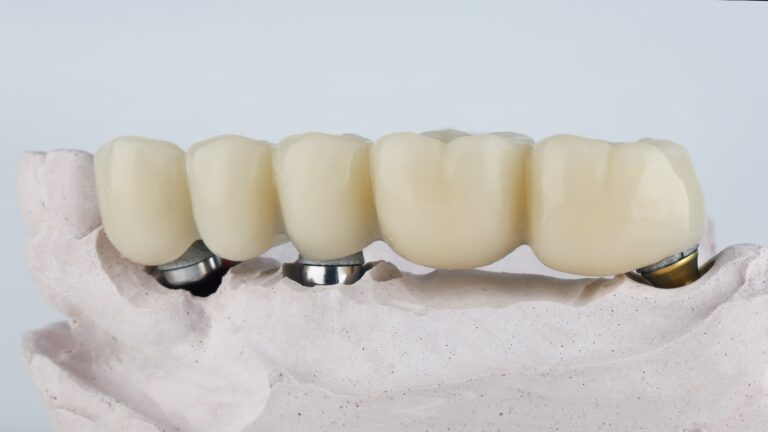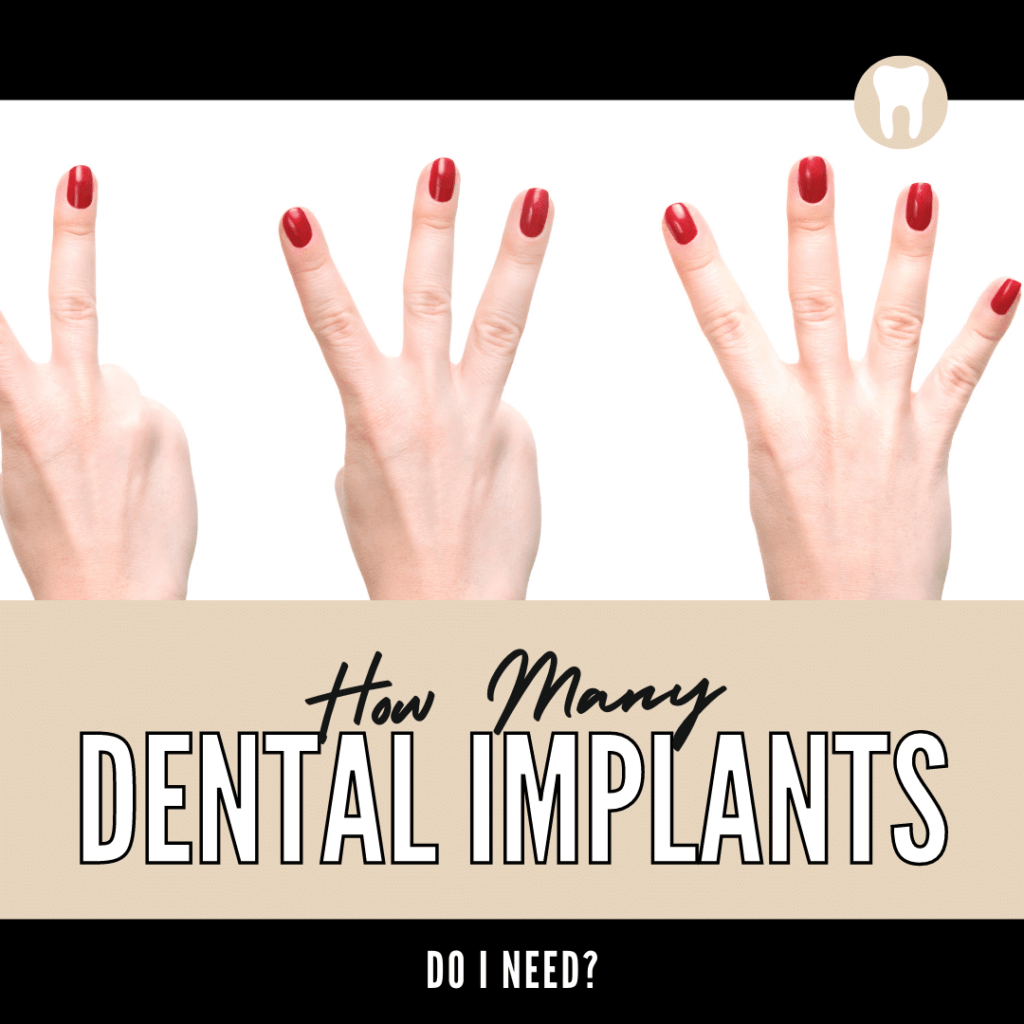If you are missing teeth, you may be considering dental implants as a replacement option. Dental implants are the most natural-looking and longest-lasting tooth replacement available today. But how many do you need? That depends on three factors: the number of teeth being replaced, the type of restoration being used, and the amount of bone. In this blog post, we will discuss each of those factors in detail and explain how they affect the number of dental implants needed.

The first factor that affects the number of dental implants needed is the number of teeth being replaced. If you are missing one tooth, you will need one implant and one crown. If you are missing multiple teeth, you have two options: bridges or dentures. With a bridge, the implants are placed on either side of the space where the tooth is missing and support a false tooth in the middle. Generally, you will need two implants for each bridge. However, if the space is large, you may need more. With dentures, a full set of false teeth is supported by a metal frame that is attached to four or more implants. The number of implants needed will depend on the size and weight of the dentures.
The second factor that affects the number of dental implants needed is the type of restoration being used. As we mentioned, there are three types of restorations that can be used with dental implants: crowns, bridges, and dentures. Crowns are used to replace a single tooth. Bridges are used to replace multiple adjacent teeth. And dentures are used to replace a full set of teeth. Each type of restoration requires a different number of implants.
Crowns require one implant per tooth. However, multiple crowns can also be used to replace multiple teeth that are not located next to one another. Bridges generally require two implants per tooth. However, if the space is large or the surrounding teeth are small, you may need more. Dentures generally require four or more implants per arch. However, if the dentures are large or heavy, you may need more.
The third factor that affects the number of dental implants needed is the amount of bone. If you have a lot of bone, you will need fewer implants. If you have less bone, you will need more implants. This is because the implants are placed in the bone and must have enough support to stay in place. In some cases, you may even need a bone graft or special implants, like mini dental implants (MDIs) to secure a denture.
In Conclusion
In this blog post, we have discussed the three factors that affect the number of dental implants needed: the number of teeth being replaced, the type of restoration being used, and the amount of bone. We hope this has helped you better understand how many dental implants you may need. If you have any questions or would like to schedule a consultation to learn more about how many implants you will need, please contact us today. Thank you for reading!



